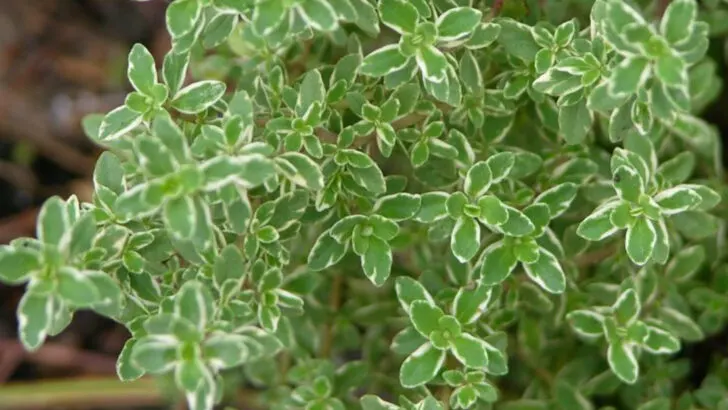Your garden might smell better than your perfume shelf—and we’re not even kidding. While most people grow herbs like lavender, rosemary, and mint for cooking or tea, these fragrant plants are secretly some of the best natural perfumes around. And unlike store-bought scents, they’re fresh, chemical-free, and completely unique to you.
Certain herbs release their essential oils when you touch them, crush them, or even just walk by. A light brush against lemon balm or a handful of basil leaves in your pocket can leave behind a soft, earthy fragrance that’s way more personal (and more interesting) than anything from a bottle. Plus, your skin and hair love them too—these plants often come with added soothing or antibacterial properties.
So if you’re looking to smell amazing without synthetic ingredients—or just want your own signature garden scent—these 16 herbs are the perfect place to start. They’re easy to grow, even easier to use, and trust us: you’ll smell incredible all day long.
Lavender
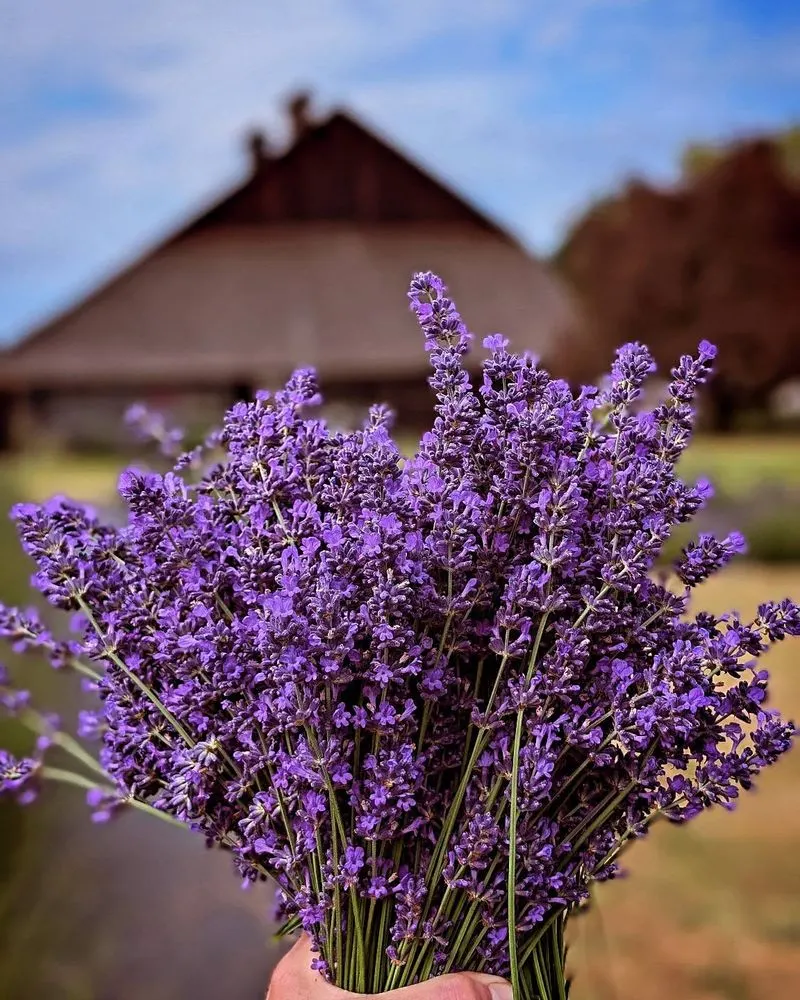
Lavender, with its delicate purple blooms, is a garden classic celebrated for its calming scent. Known for promoting relaxation, lavender’s aroma can fill a room with serenity. Plant it along walkways or near windows to enjoy its fragrance as a natural air freshener. Historically, lavender was used by ancient Romans in their baths.
Its soothing scent is also a popular ingredient in perfumes and sachets. This versatile herb can enhance your garden’s aesthetic while doubling as a natural perfume, making it a delightful addition to any home.
Rosemary
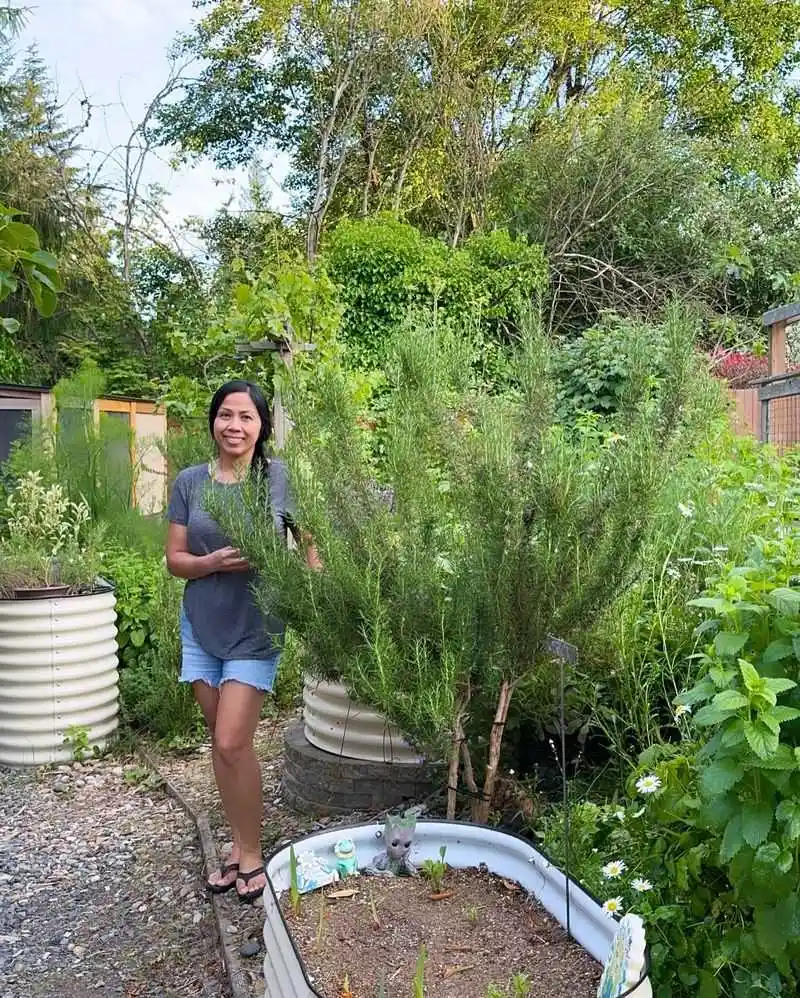
Rosemary’s robust, pine-like aroma brings a touch of nature’s fresh essence. Often associated with culinary dishes, its scent extends beyond the kitchen. Place rosemary in your garden or near a seating area to enjoy an invigorating whiff. This herb symbolizes remembrance and has historical ties to ancient rituals.
Its fragrant oil is often used in aromatherapy and natural cleaning products. Rosemary’s hardy nature makes it an appealing choice for gardeners looking to add both beauty and fragrance to their outdoor spaces.
Mint
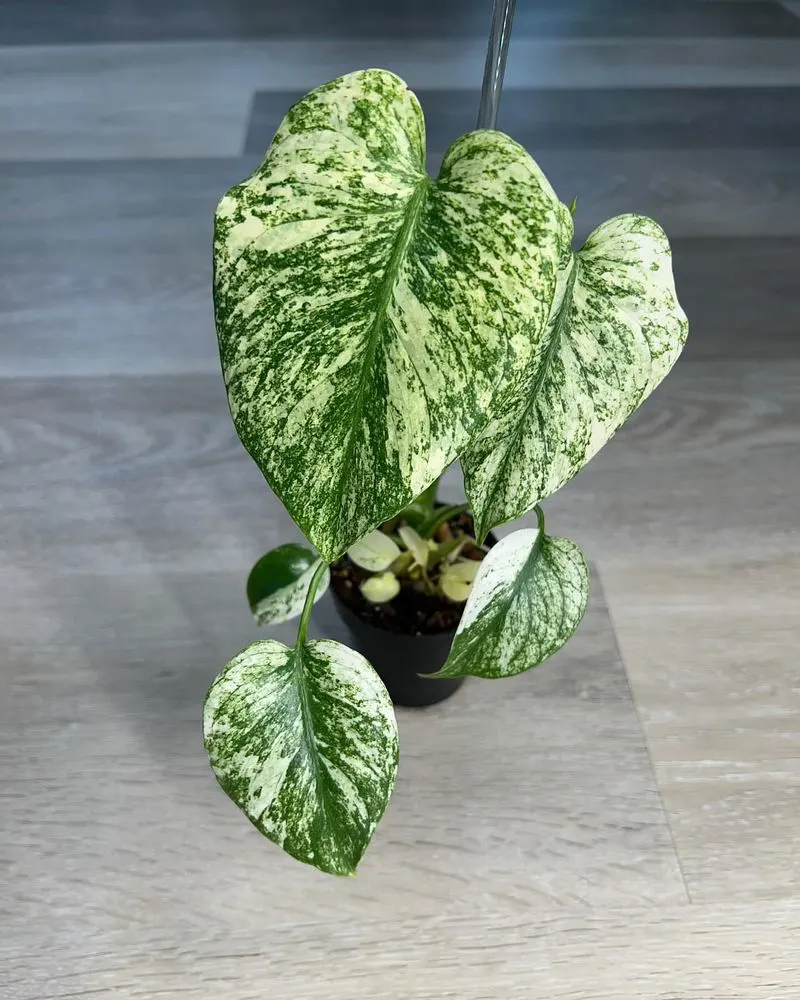
Mint’s refreshing aroma is unmistakable, offering a cooling sensation both as a flavor and a fragrance. Perfect for pots or garden beds, mint’s vigorous growth makes it both a blessing and a challenge to contain. Its scent is often linked to cleanliness and freshness.
Historically, mint was used to scent homes and baths in ancient times. The invigorating fragrance can deter pests and provide a pleasant aroma for outdoor gatherings. Mint is an excellent choice for anyone wanting to infuse their garden with a natural, refreshing scent.
Lemon Balm
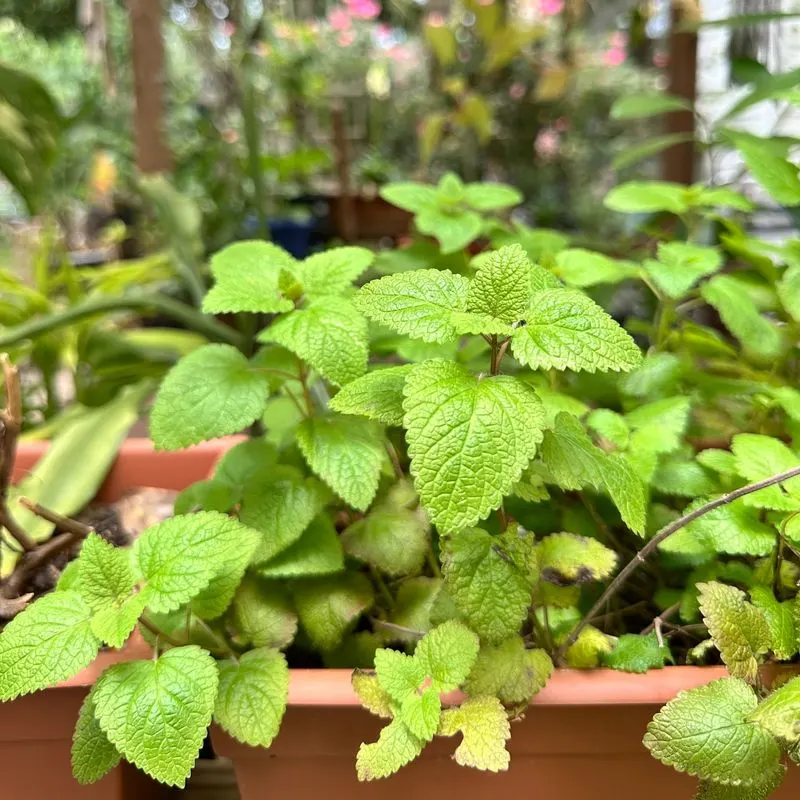
Lemon balm, with its citrusy fragrance, is a delightful herb that can uplift any space. Often used in teas and culinary dishes, its scent is invigorating yet subtle. Plant it near a garden pathway to enjoy its refreshing aroma as you walk by.
The herb’s history dates back to ancient times, where it was used to promote well-being. Its leaves release a lemony scent when brushed against, making it a lovely addition to sensory gardens. Lemon balm is perfect for those seeking a gentle yet vibrant fragrance.
Sage
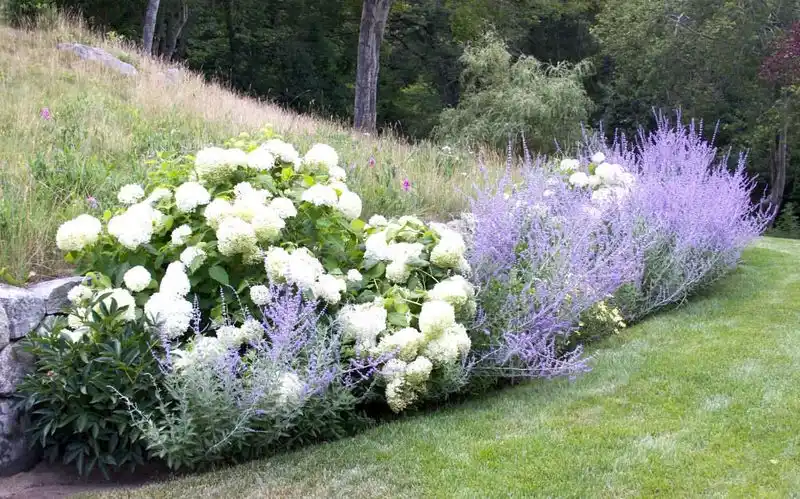
Sage exudes an earthy aroma that’s both refreshing and calming. Associated with wisdom and longevity, this herb holds a significant place in history and tradition. Sage’s fragrance is often linked to cleansing and purification rituals. Place it in your garden to enjoy its aromatic benefits.
Its soft, gray-green leaves add texture and color to any garden setting. The scent intensifies when the leaves are crushed, making it a favorite for homemade potpourris. Sage is an excellent choice for gardeners looking to incorporate an ancient, aromatic herb.
Thyme
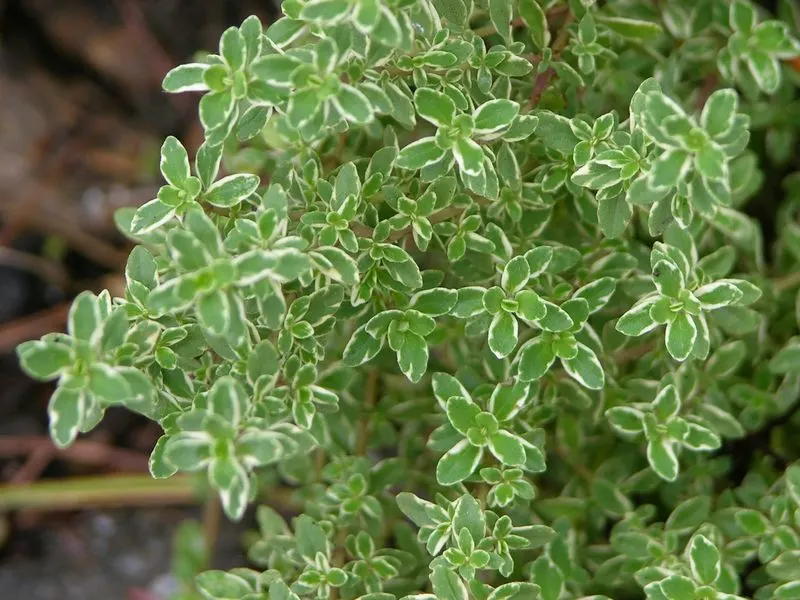
Thyme offers a subtle yet distinct fragrance, reminiscent of the Mediterranean coast. This herb’s scent is warm and earthy, perfect for enhancing garden pathways or pots. Known for its culinary uses, thyme’s aromatic properties extend to perfumes and natural fresheners.
In ancient Greece, thyme was associated with courage and was often used in baths. Its small leaves and delicate flowers add charm to any garden. Thyme is a versatile herb that brings history and fragrance together, making it a delightful choice for aromatic gardens.
Basil
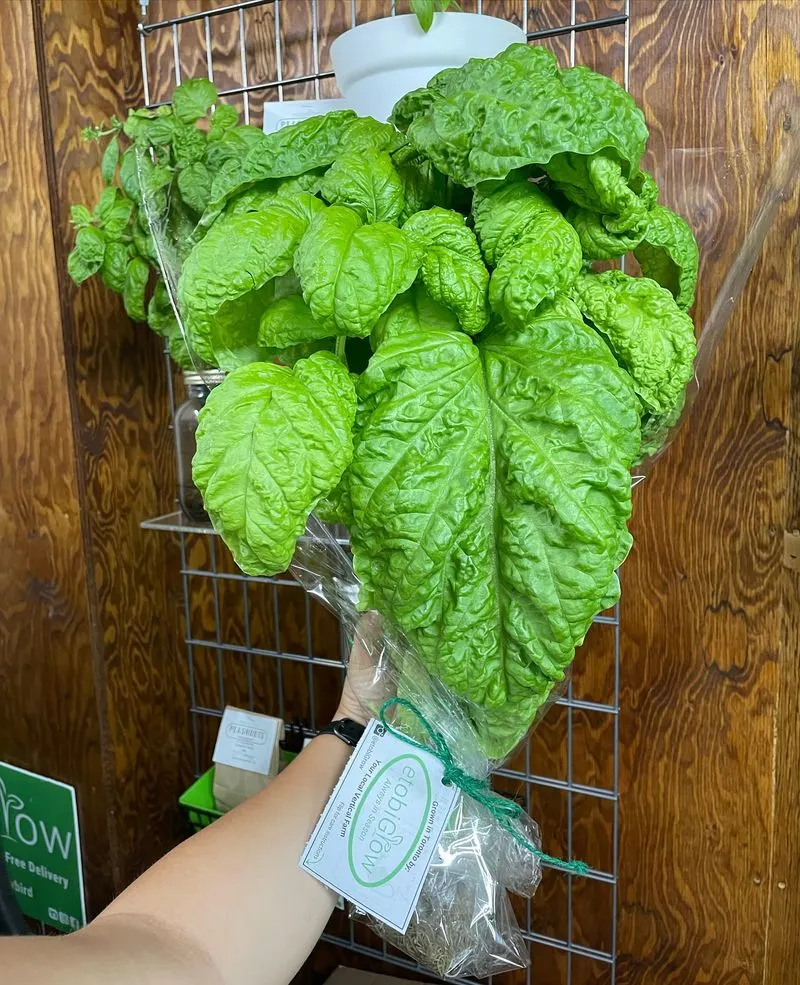
Basil’s sweet and spicy aroma is a garden favorite, often associated with culinary delights. Its scent is both uplifting and invigorating, making it perfect for patios or kitchen windowsills. Basil is not just for pesto; its essential oils are used in perfumes and aromatherapy.
In folklore, basil was seen as a symbol of love and protection. Its vibrant green leaves and fragrant aroma make it a must-have for anyone seeking a sensory garden experience. Basil’s aromatic presence is sure to elevate any outdoor space.
Oregano
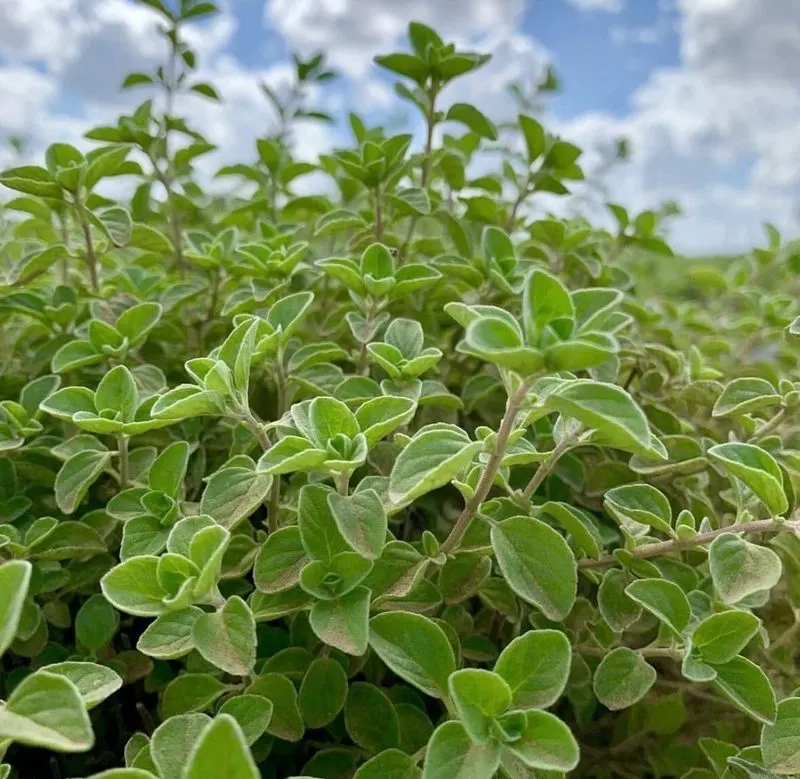
Oregano’s bold and peppery scent is a staple in Mediterranean cuisine, yet its aromatic benefits extend beyond the kitchen. This herb adds a touch of rustic charm to gardens and containers. Place it where its scent can be appreciated, especially when brushed against or crushed.
Historically, oregano was believed to bring joy and was used in traditional ceremonies. Its small, oval leaves and white flowers create a charming visual appeal. Oregano’s robust fragrance and historical significance make it a wonderful addition to any aromatic garden.
Lemongrass
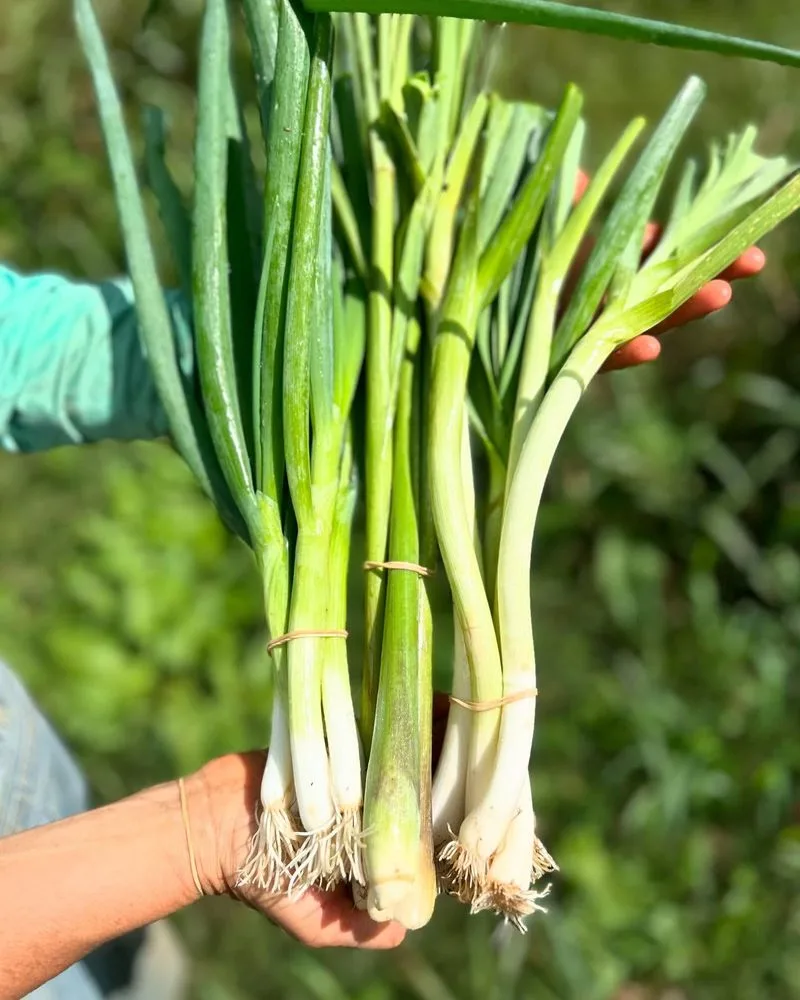
Lemongrass offers a refreshing, citrus aroma that transports you to a tropical paradise. Often used in Asian cuisine, its scent is energizing and clean. Plant lemongrass along pathways or near seating areas to enjoy its invigorating fragrance.
The tall, swaying stalks add architectural interest to gardens. Its oil is popular in candles and natural insect repellents. Lemongrass is perfect for those looking to bring a touch of the exotic to their outdoor spaces, combining both visual and aromatic appeal.
Chamomile
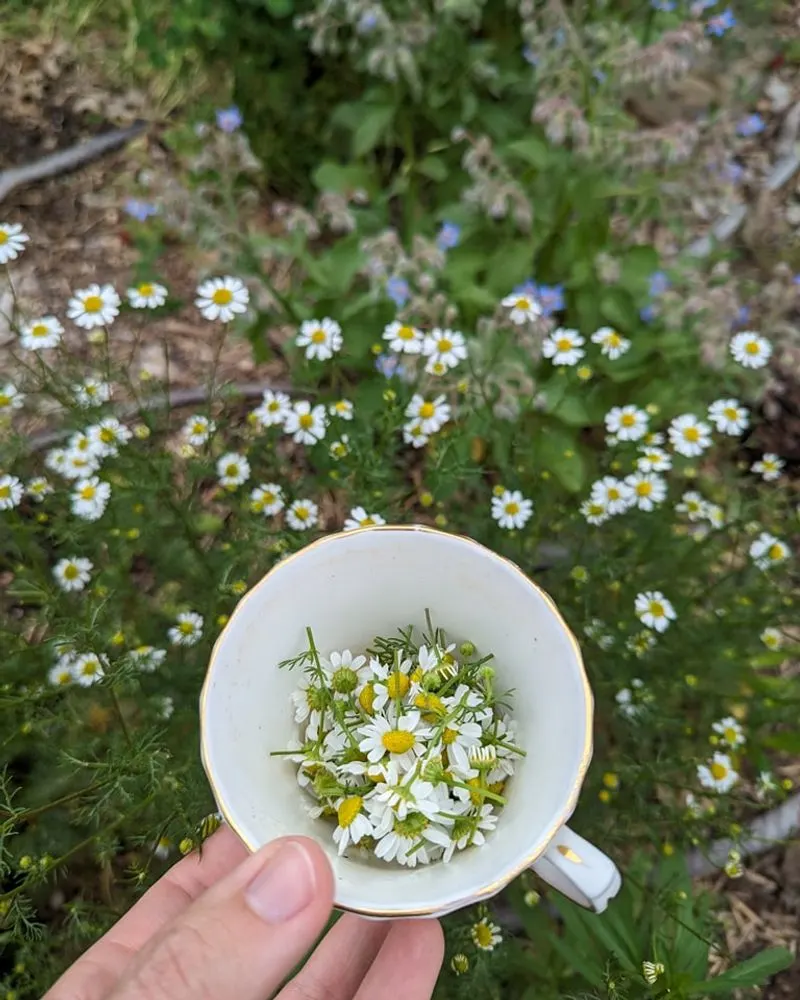
Chamomile’s gentle, apple-like scent is synonymous with relaxation and calm. Known for its use in teas, the fragrance is equally soothing when grown in the garden. Chamomile flowers, with their daisy-like appearance, add a touch of elegance to any setting.
Traditionally, chamomile was used in ancient medicine for its calming properties. Plant it in areas where you can enjoy its peaceful aroma. Chamomile is ideal for creating a serene garden atmosphere, offering both beauty and a natural, calming fragrance.
Lemon Verbena
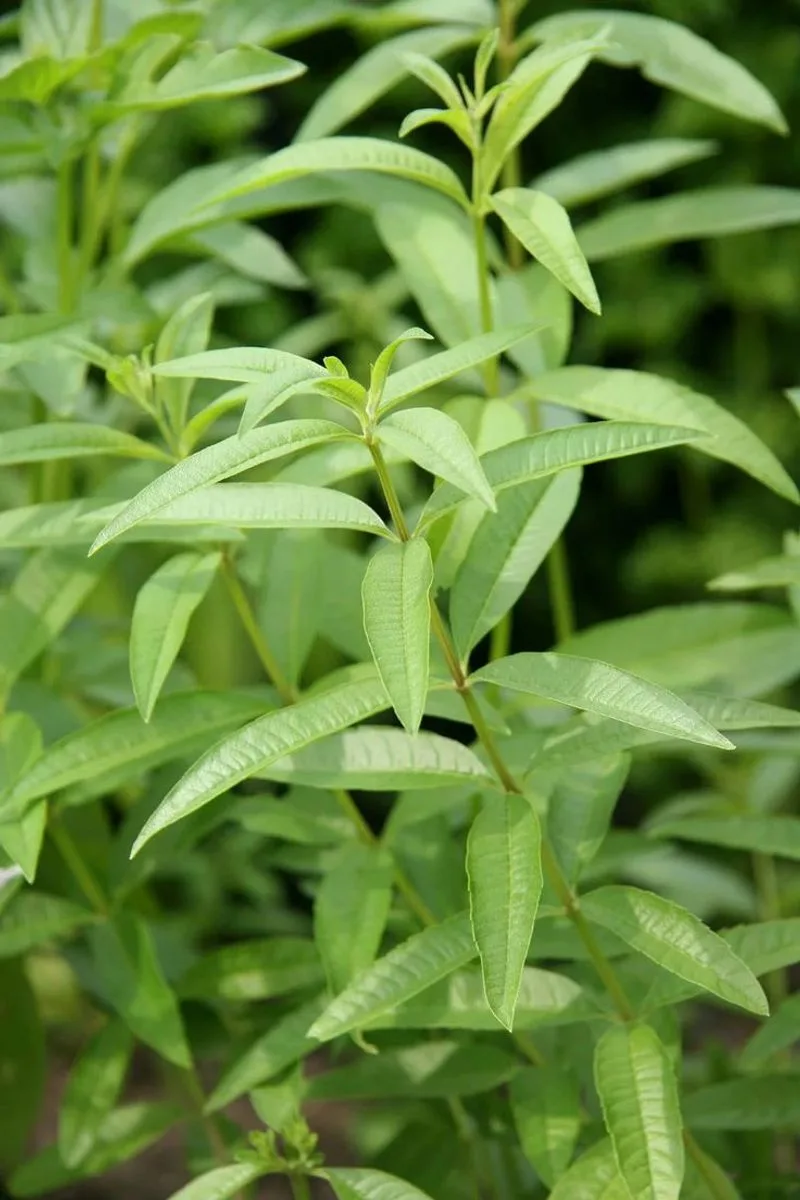
Lemon verbena is cherished for its pure, lemony scent that invigorates the senses. Often used in teas and perfumes, its fragrance is both refreshing and uplifting. Plant it where the leaves can be easily brushed to release its scent.
Historically used in herbal medicine, lemon verbena’s bright green leaves add vibrancy to gardens. Its aromatic properties make it a favorite for those seeking a natural, citrusy fragrance. Lemon verbena is perfect for creating a lively atmosphere in your garden.
Cilantro
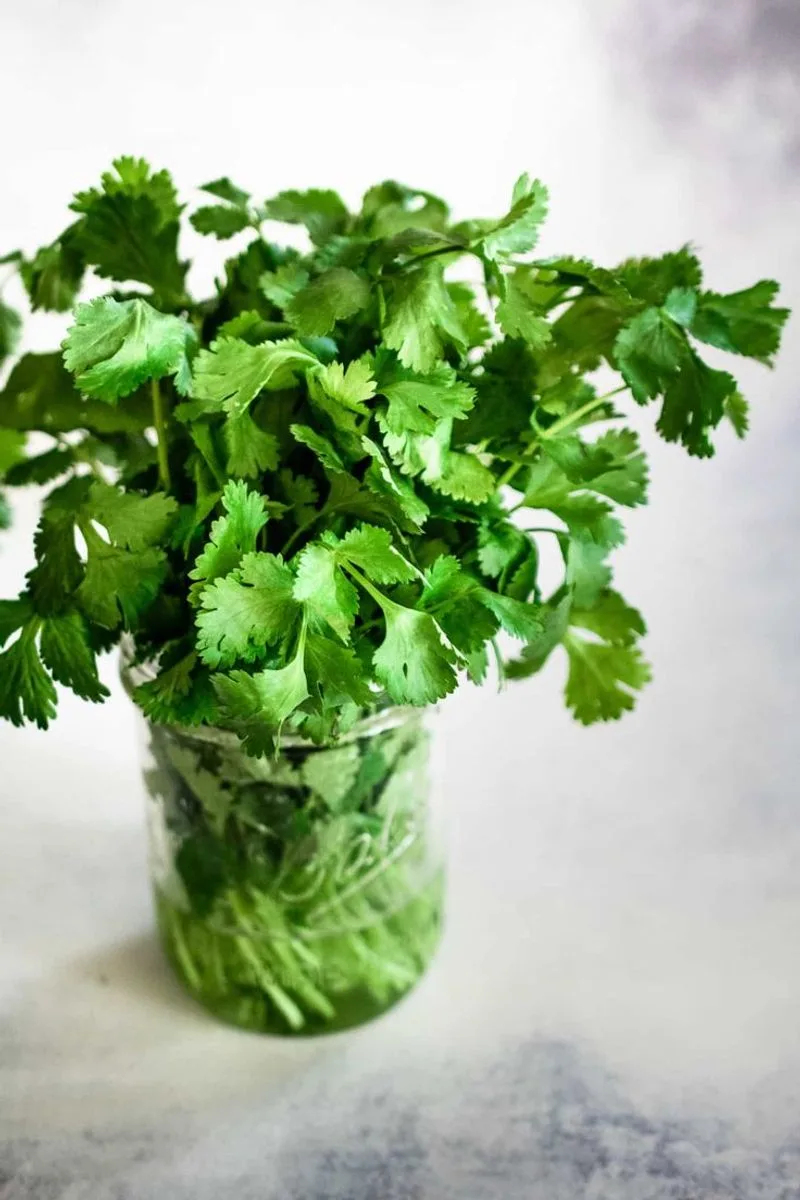
Cilantro’s distinctive aroma is polarizing, often described as fresh and citrusy. This herb is not only a culinary staple but also a fragrant garden addition. Plant it in pots or garden beds for easy access to its aromatic leaves.
Cilantro’s scent is linked to its use in global cuisines, adding a zesty fragrance to any garden space. Its delicate green leaves and small white flowers offer visual appeal. Cilantro is a versatile herb, providing both flavor and a unique fragrance to gardens.
Anise Hyssop
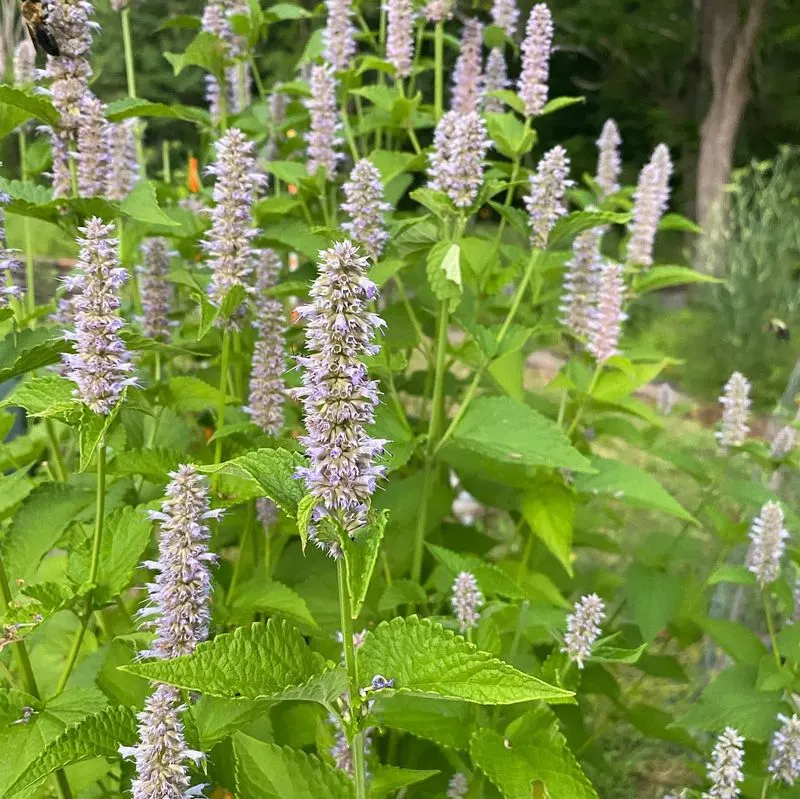
Anise hyssop presents a sweet, licorice-like aroma that attracts pollinators like bees and butterflies. Its vibrant purple flowers add a burst of color to gardens. The scent is both intriguing and pleasant, making it a unique addition to aromatic gardens.
Historically cherished by Native Americans for its medicinal properties, anise hyssop offers more than just beauty. Plant it in sunny locations to enjoy the full effect of its fragrance. This herb is perfect for those wanting to attract pollinators and enjoy a sweet aroma.
Bay Laurel
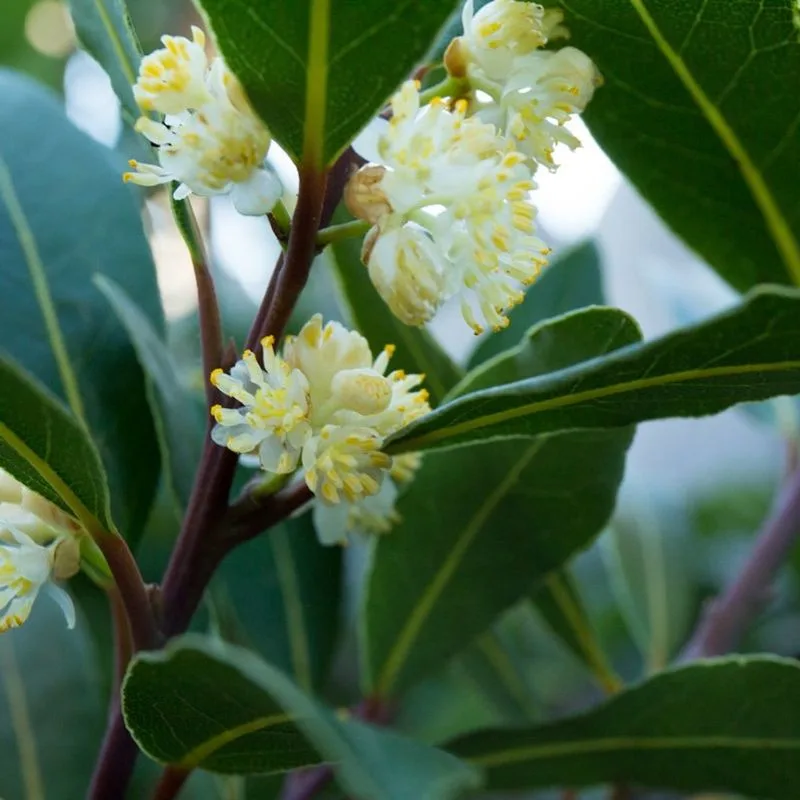
Bay laurel offers a subtle, spicy fragrance often associated with culinary dishes. Its leaves are a staple in many kitchens, but the plant itself adds elegance to gardens. Place it in pots or along walkways to enjoy its aromatic benefits.
In ancient cultures, bay laurel was a symbol of victory and wisdom. The glossy green leaves and strong scent make it an attractive choice for aromatic gardens. Bay laurel is ideal for those looking to add a touch of history and fragrance to their outdoor spaces.
Fennel
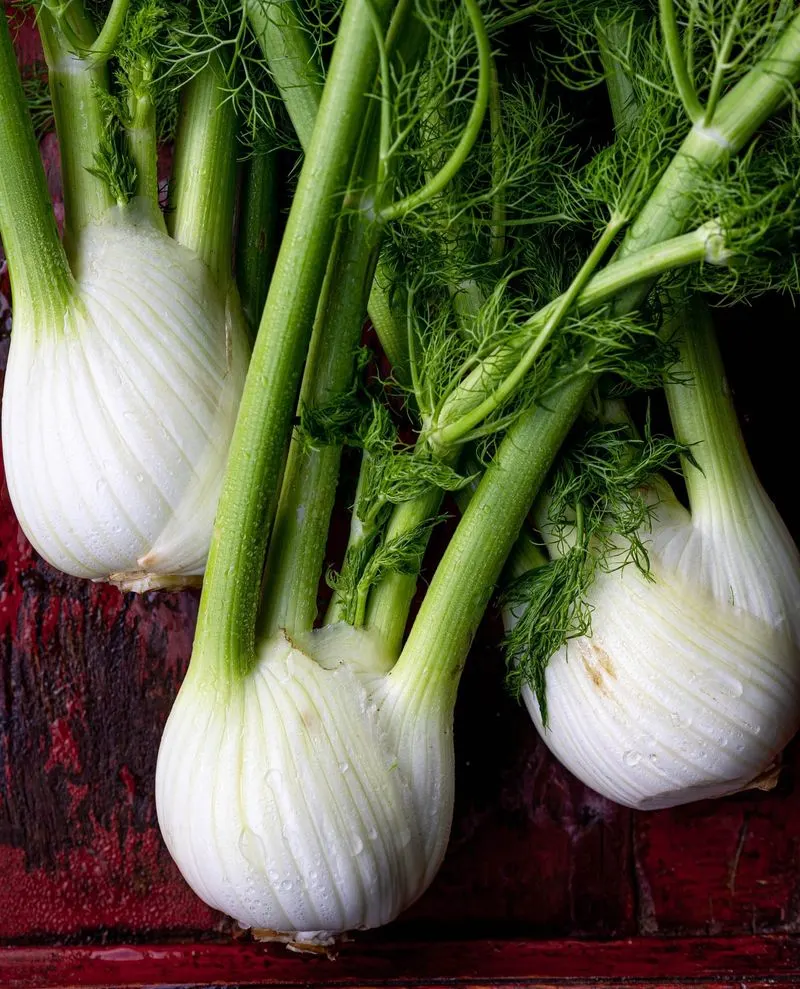
Fennel’s sweet, anise-like aroma is both distinctive and delightful. Known for its culinary uses, its fragrance also enhances garden spaces. Plant fennel in sunny locations to enjoy its full aromatic potential. The feathery leaves and tall stalks add visual interest to gardens.
Fennel has a rich history, often used for its medicinal and aromatic properties. Its scent can deter pests and attract beneficial insects. Fennel is an excellent choice for those wanting to blend fragrance with functionality in their garden.
Marjoram
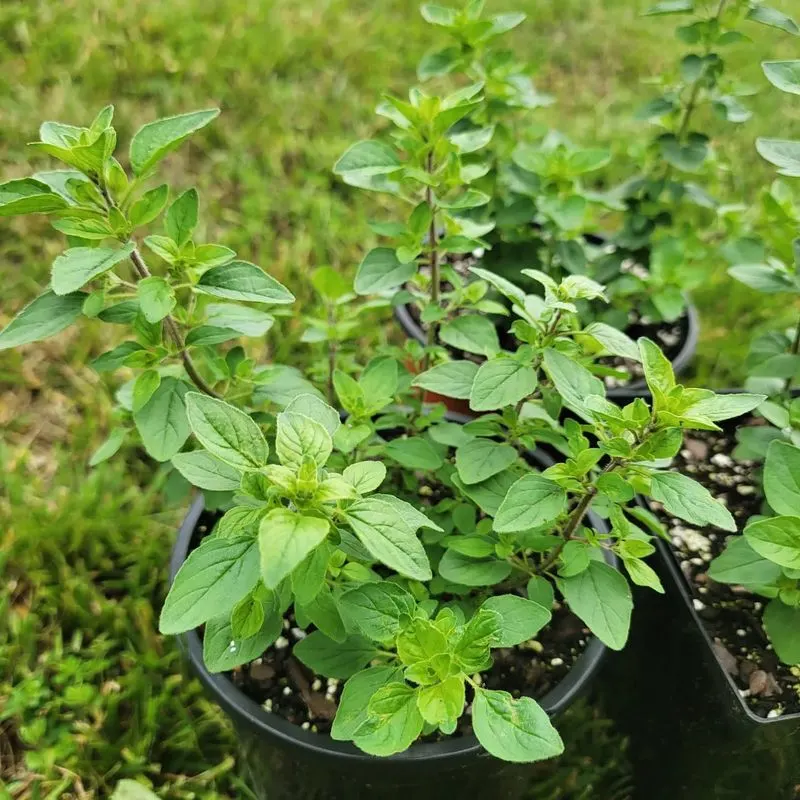
Marjoram’s subtle, sweet fragrance is reminiscent of oregano but milder and more floral. This herb is perfect for adding a gentle aroma to gardens and containers. Historically used by the Greeks as a symbol of joy, marjoram brings both fragrance and tradition.
Its small leaves and delicate flowers add a touch of charm to any outdoor space. Plant marjoram near windows or pathways to enjoy its sweet scent. This herb is perfect for those looking to add a soft, aromatic layer to their gardens.

